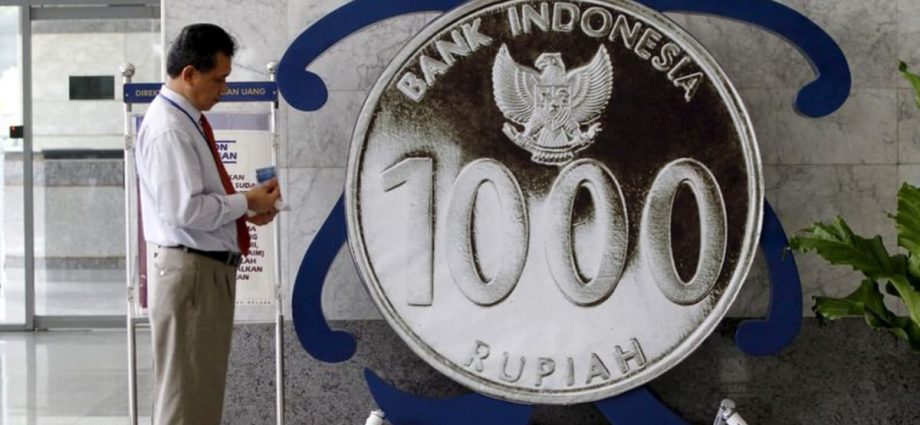
JAKARTA: Indonesia’s central bank raised its policy rates by 50 basis points on Thursday (Oct 20), for the second month in a row, as it sought to curb rising inflation, while trying to slow capital outflows that have weighed on the rupiah.
Bank Indonesia (BI) hiked the benchmark seven-day reverse repurchase rate to 4.75 per cent, in line with the expectations of 17 out of the 30 economists polled by Reuters. The remaining 13 economists had forecast a smaller 25 basis point hike.
Governor Perry Warjiyo said that the decision was aimed at bringing core inflation back within a range of 2 per cent to 4 per cent earlier than previously targeted – in the first half rather than the third quarter of next year.
The move was also intended to ensure that the rupiah reflects its fundamental value against a strong United States dollar.
“The decision to increase the interest rate is a front loaded, pre-emptive and forward-looking measure to reduce inflation expectations which are currently too high,” he said in a news conference.
The move follows a 50 basis point increase in September, and marks the first time BI has raised rates by 50 basis points twice in a row since it adopted the seven-day reverse repo rate as its benchmark in 2016.
Two other main policy rates were also increased by the same amount.
With Thursday’s move, BI has raised its policy rates by a total of 125 basis points since August.
It started tightening monetary policy later than some of its peers, as inflation had stayed benign, with some energy prices kept unchanged thanks to government subsidies.
However, the government raised subsidised fuel prices last month, pushing inflation to a seven-year high of 5.95 per cent in September.
“Besides above-target inflation, policymakers face higher uncertainty on the rupiah in the midst of a bid dollar. Armed with a resilient growth backdrop, focus will be on reigning in inflationary expectations, supporting financial stability as well as to widen rate differentials with the US,” said DBS Bank economist Radhika Rao.

